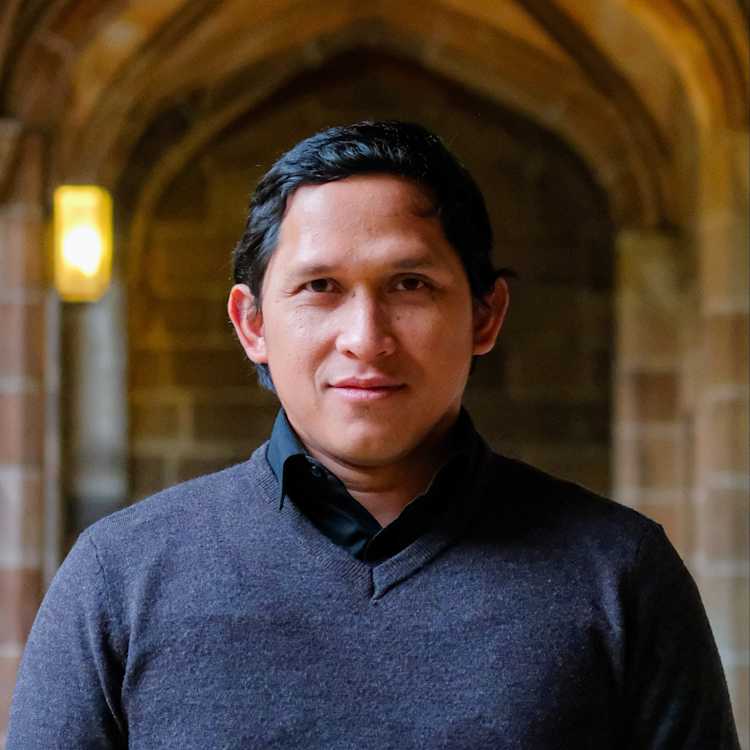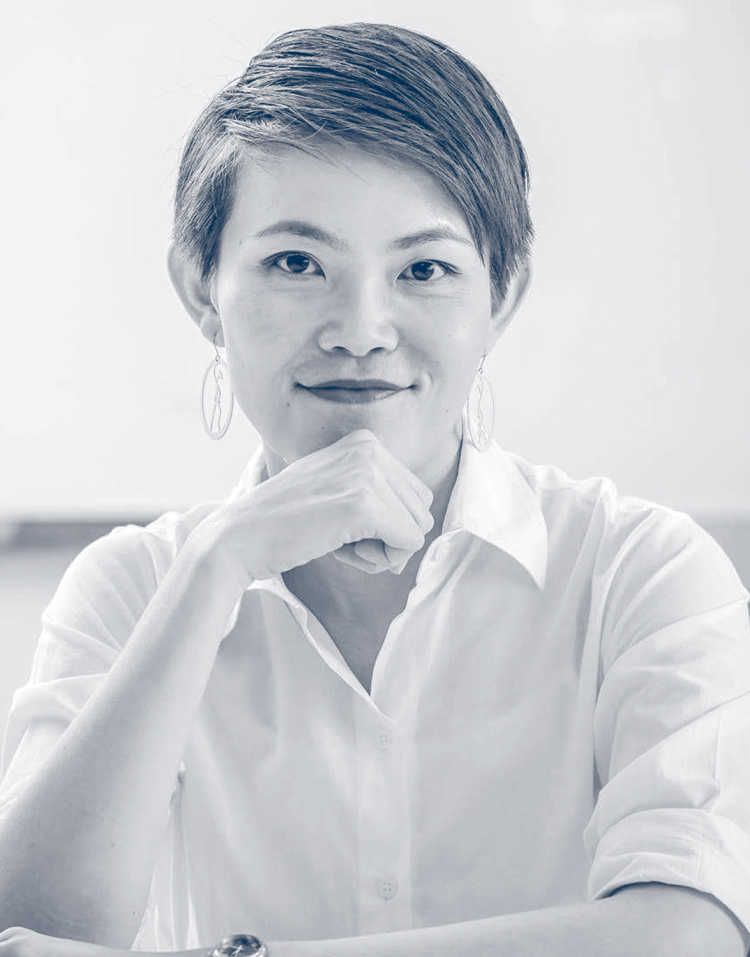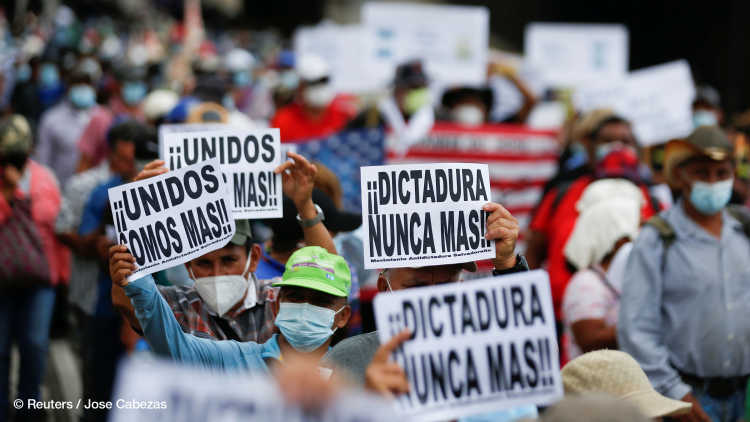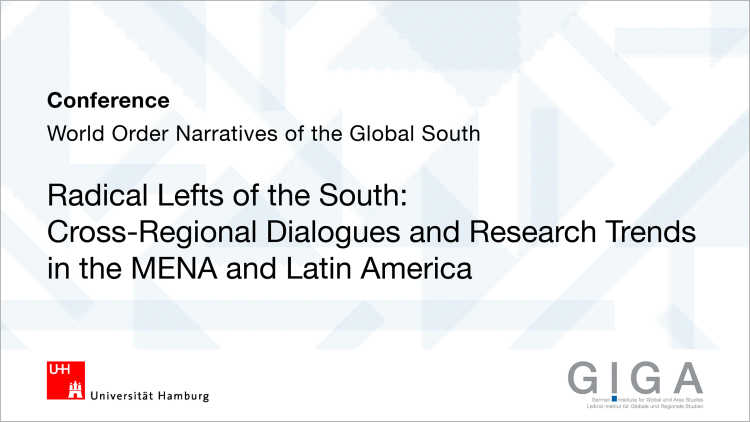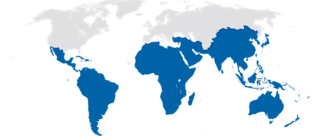Expert:innen
Kontakt
Aktuelle Forschung
Länder und Regionen
-
Democracy and Democratisation in Africa
-
(In-)Formal Political Institutions in Emerging Democracies
-
Political Representation
-
Parliaments in Africa
-
Personalization of Executive Power in Africa
-
Intra/inter-party competition
-
Sub-Sahara Africa
-
Ghana
-
South Africa
- Personalisierung der Exekutive in Lateinamerika
- Politische Entscheidungsprozesse in demokratischen und autoritären Regimen
- Machtbeziehungen und Rechtsstaatlichkeit
- Ecuador
- El Salvador
- Lateinamerika und die Karibik
-
Soziale Absicherungssysteme und Arbeitsmärkte
-
Lateinamerika
-
Mexiko
-
Brasilien
-
Politische Institutionen in Lateinamerika
-
Präsidentialismus
-
Parlamente in Lateinamerika
-
Gerichte in Lateinamerika
-
Beziehung Exekutive, Legislative, Judikative
-
Argentinien
-
Lateinamerika
-
Brasilien
-
Politische Parteien und Parteiensysteme
-
Wahlen
-
Lokalpolitik
-
Wahlverhalten
-
Wahlgeographie
-
Politisches Vertrauen und Demokratie
-
Lateinamerika, insbesondere Argentinien und Brasilien
-
Soziale Absicherung durch Regierungen in Lateinamerika, Asien und dem Nahen Osten während der COVID-19-Pandemie
-
Politiken zur Gewalt gegen Frauen in Lateinamerika während der COVID-19-Pandemie
- Umsetzung von Politiken zur Beseitigung der Kinderarbeit in Lateinamerika
-
Die Umsetzung von Maßnahmen zur Beseitigung der Kinderarbeit in Lateinamerika
-
Lateinamerika
- Peru
- Bolivien
-
Multipolarität, aufstrebende Mächte und international Politik
-
Legitimität und international Institutionen
-
Populismus und Außenpolitik
-
Indien
-
Südasien
-
Sicherheitssektorreformen
-
Staatliche Repression
-
Gewalt in Demokratien
-
Protestbewegungen
-
Diskursive Politik
- Legitimierung staatlicher Gewalt
- Nicaragua
- El Salvador
-
Zentralamerika
-
Lateinamerika
- Exekutive Personalisierung
- Globale Politische Ökonomie
- Strukturanpassung und sektorale Transformation
- Institutionelle und materielle Determinanten autoritärer Herrschaft
- Schrumpfende zivilgesellschaftliche Räume
- Kleine Golfmonarchien
- Naher und Mittlerer Osten
Kurz notiert
Forschungsprojekte
Veranstaltungen
Präsidentin (ad interim)
Prof. Dr. Sabine Kurtenbach leitet das GIGA als Präsidentin (ad interim).
Regionalinstitute
Benachrichtigungen
Melden Sie sich hier für E-Mail-Benachrichtigungen zu GIGA-Aktivitäten an
Soziale Medien
Folgen Sie uns

















